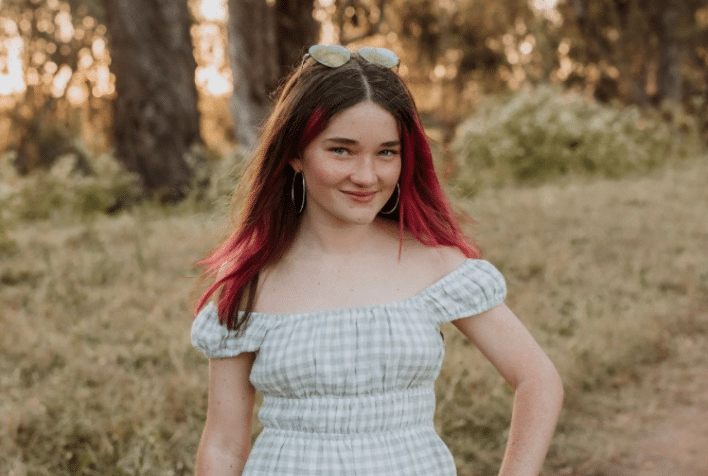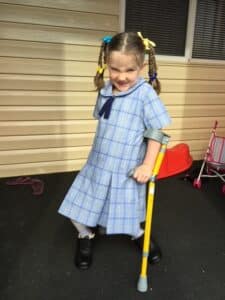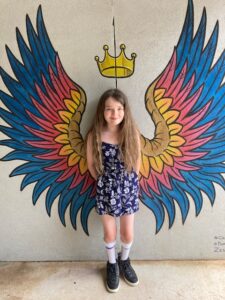
Eliza was born at 30 weeks, 6 days in Mildura, Victoria and while doctors were initially concerned about her prematurity, she was monitored and allowed to go home. She passed her newborn tests with flying colours.
As Eliza grew her parents and doctors began to have minor concerns about her development and gross motor skills relating to her legs - Eliza’s legs would scissor, or cross automatically, whenever she was picked up or lifted in the air. After a consultation with Eliza’s paediatrician, her family was advised to monitor her progression and suggested physiotherapy would help in the meantime.
At 1 year old, Eliza began treatment with a private physiotherapist who was not convinced the ‘leg scissoring’ would improve. Fiona remembers her mentioning cerebral palsy, but as she was not qualified to give such a diagnosis, their physio suggested they get in touch with a cerebral palsy specialist. She braced the parents for the reality that Eliza may never crawl or stand. Eliza, however, had other ideas!
Eliza was diagnosed with spastic diplegia, a type of cerebral palsy that affects both of her legs but not the upper half of her body. While Eliza did undertake some early intervention therapies, she didn’t move to Cerebral Palsy Alliance in Dubbo until she was 4.5 years of age.

Eliza underwent a spinal operation – she is the 17th child to have this specific surgery in Australia. The surgery would sever nerves to help stop and alleviate the spastic tightening of the muscles in her lower limbs.
Following the operation, Eliza endured several weeks of complete immobility due to her legs being in plaster. She had to lie flat and still day-in, day-out and slowly work her way up to a seated position, then standing. But, always determined, she was on the move as soon as her plaster was removed.
It was during this process that Eliza and her family met Ellie, a physiotherapist with Cerebral Palsy Alliance. Ellie had spent time in England treating children and patients who had had this exact surgery so had extensive experience in the two-year rehabilitation process. Ellie and the team at Cerebral Palsy Alliance were there from the beginning, helping to prepare Eliza and her family for the surgery, what was to come and ensured they used engaging and age-appropriate ways to explain the situation. Once given the green light, Eliza and her family returned to their home in Dubbo with a new walking frame, wheelchair for long-distance travel and endless possibilities.
Fiona’s goal for her daughter was to improve her mobility following surgery and assist her in her pursuit of making and keeping up with friends. Both of which Eliza took on with her team of therapists without a backward step!
Nowadays as a teenager, Fiona says her goals for her daughter have shifted. “Our goal is to strengthen her legs enough to get out of her AFOs”. Something her mother believes Eliza will accomplish with her sheer determination and continued support of CPA.

And that determination shines through, according to her physiotherapist Samantha Glass, who commented that she was
“extremely impressed by Eliza’s strength of character and eagerness to keep up with her peers. She’s very articulate and mature about her therapy goals.”
Eliza is now 14 and in year 8 at school and although she is in AFOs she does not use any other walking assistance. The creative and inspiring teen was selected for the ‘Aspire’ class which recognises high achievers, she also does drama and dance lessons, both of which she absolutely loves! She is however steadfastly avoiding a career in medicine – she’s spent enough time in hospital!
Her family still does monthly catchups with CPA and will until Eliza is 18. Her family recognise the great work of CPA in Dubbo and attributes that, and their daughter’s stubborn determination, to the incredible progress Eliza has made throughout her life.
“CPA at Dubbo is such a great service. You get to know them, and they become more than just a therapy team. Nothing is a problem. If I need something they are always there. We wouldn’t have found the support that we got anywhere else.”
Can goal directed training support you or your child? Learn more